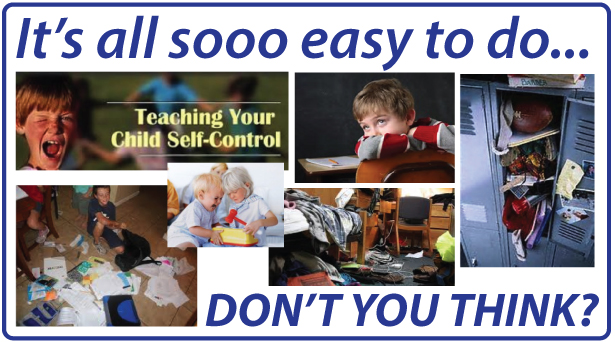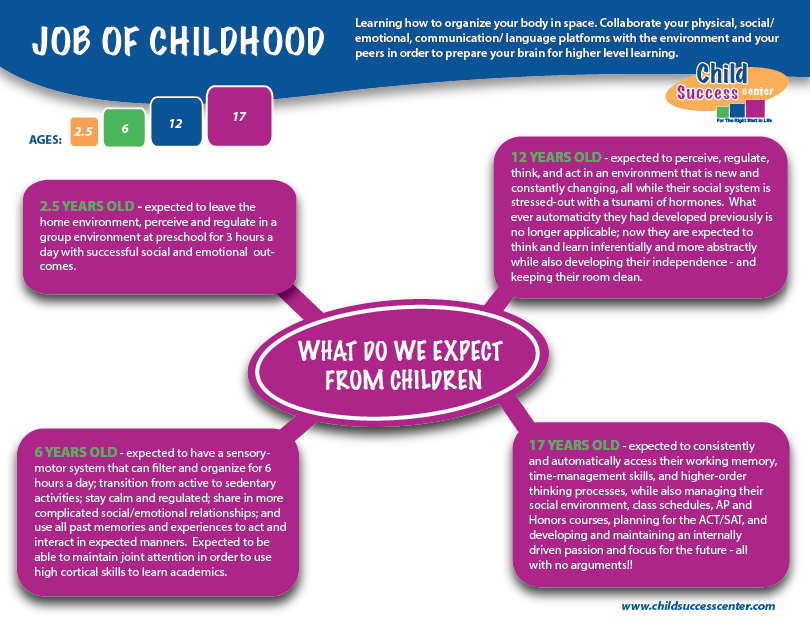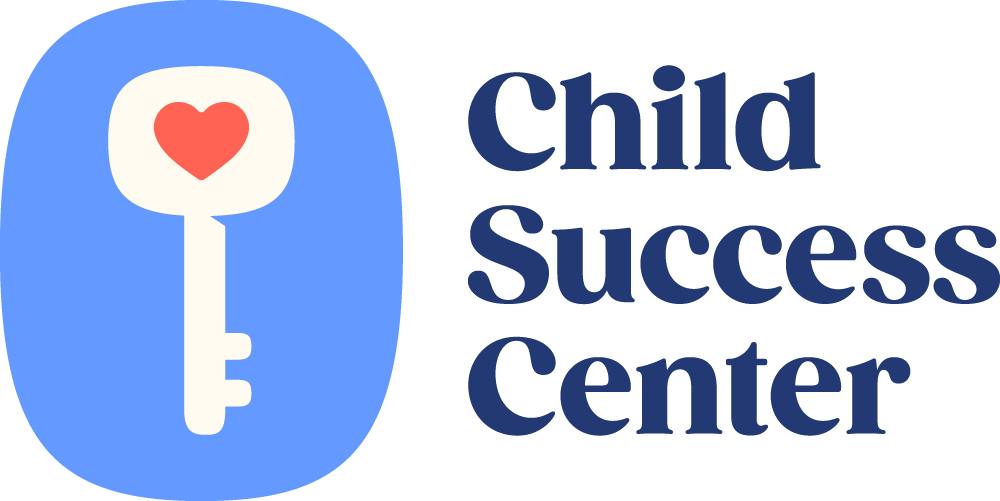Executive Function – the Key to Success
Executive Function – Helping Your Child Create the “Recipe for Success” this School Year.
Melissa Idelson, Director of Child Success Center, recently spoke at the Child Success Foundation’s “Outside the Box” Child – Educational Conference in Culver City, California. She and her speaking partner, Dr Jayme Neiman-Kimel, Ph.D, shared their thoughts on how to help children who struggle with Sensory Processing Disorder (SPD), attention issues and lack Executive Function skills, organize their worlds, learn to self regulate and develop the skills needed to move towards independence.

Children with SPD, ADHD and Executive Function deficit may exhibit similar behaviors such as impulsivity, frustration, biting/pushing/hitting, difficulty going to school or maintaining friendships, immaturity, sleep difficulties, poor personal space recognition, and may be hard to parent. Any of these behaviors can hinder your child from effectively doing his “jobs of childhood” – that of learning to collaborate his physical, social/emotional and communication/language platforms with his environment and peers in order to prepare his brain for a higher level of learning. This collaboration, known as Executive Functioning, is a set of processes, or neurologically-based skills, that all have to do with managing oneself (mental control and self-regulation) and one’s resources in order to achieve a goal.
While we tend to assume that all children are born with the capacity to excel in the “jobs of childhood”, the reality is that about 20% will encounter challenges substantial enough to require intervention – and the earlier the better. Getting this early intervention begins with parents being aware of their child’s challenges and seeking professional assessment.
The recipe for success begins with an intake session with a professional to determine the “ingredients”, or the challenges the child is experiencing, and the behaviors the child is exhibiting. Then an assessment is made and a program of appropriate interventional therapies with a therapeutic specialist is created. From these therapy sessions the child will acquire the tools needed for a successful outcome.
For the preschool aged child, a combination of occupational therapy and speech therapy is often recommended. For older children, educational therapy can be added to the mix, utilizing a team based/whole child approach. Social Learning, a program for all age groups used here at Child Success Center, provides practical frameworks, strategies, activities, and vocabulary to help improve social skills.
Learning Executive Function skills is a process that begins in the pre-school years. It is important that parents observe their young child and take notice of areas where there is consistent difficulty. However, during any stage of a child’s development, if a parent notices signs of struggle or frustration, that is the time to seek an appropriate assessment.

Learn more about what to look for in your child, how each of the therapies are facilitated, the programs offered at Child Success Center, and how we can help your child achieve his successful outcome.
Occupational Therapy – Learning the “Jobs of Childhood”
Which Children Benefit from Therapeutic Services?
Friendship Club Social Skills Enrichment Program
